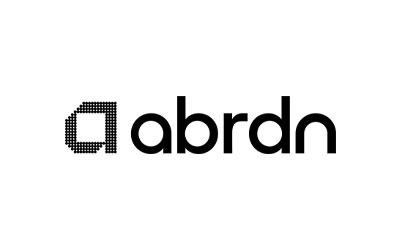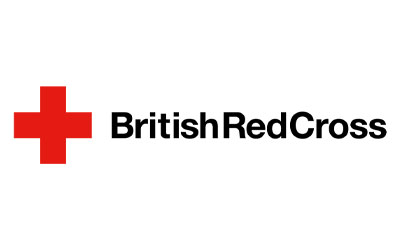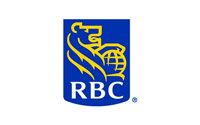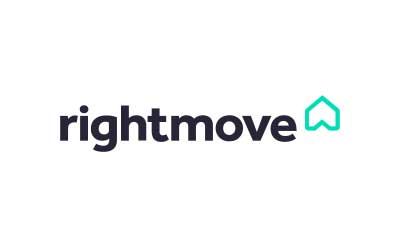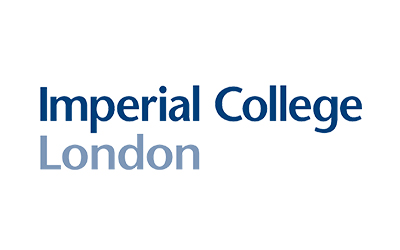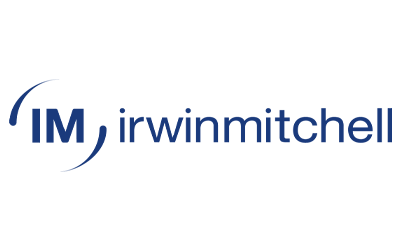By Helen Letchfield, co-founder of Parent & Professional
With few businesses immune from the need to adapt to changing market conditions and customer expectations, creating an agile workforce by investing in parent-friendly working practices has never been more important.
According to a recent survey, almost one in two HR leaders (46%) believe that without an agile workforce customer service will suffer and a similar number (43%) think they will face more difficulty attracting high-quality talent. Just under a third (31%) fear they will lose business to competitors.
What does it take to create an agile workforce?
Defined as a highly-skilled, highly-flexible workforce that can swiftly adapt to changing market and customer needs, the key characteristic of an agile workforce is workers who can embrace the need for change and innovation, while still keeping the business moving.
Employers who have already adopted parent-friendly working practices are finding that they have already successfully addressed many of the issues essential to sustaining an agile workforce – ranging from introducing more flexible working patterns to eradicating unproductive presenteeism cultures.
5 ways to invest in parent-friendly working practices
So if you want to create a more agile workforce, here are five parent-friendly practices that have already been proven to make workers more agile.
1 – Flexible working patterns
Initially introduced as a means of enabling people with parental or caring responsibilities to balance their work and personal lives, flexible working has since been embraced by workers in general.
Employers who want to improve their ability to respond to changing customer needs are now also using flexible working as a key business agility tool. For example, to meet the desire of customers to conduct business outside of typical working hours, or even across time zones.
Critical to success is taking the time to understand how individual needs can be matched to changing business requirements by asking employees: When do you want to work? When do you work best? When are you most energised? Do you like variety or a consistent routine? Do you thrive in a team where you can bounce ideas off others? Or do you like to work in your own quiet space?
2 – Agile performance management
Even though 89% of workers believe that flexible working would boost their productivity, “flexibility stigma” – which portrays flexible workers as somehow being less committed or ambitious – has caused 30% of workers to say they have less status because they work flexibly.
In response, parent-friendly employers are offering managers leadership workshops on how to manage a flexible team and introducing dynamic performance management measures, to regularly assess people on the quality of their work, rather than the hours worked.
As well as boosting the motivation and credibility of flexible workers, by making it clear when they’re not just hitting their targets but also exceeding them, this approach is also helping employers to eradicate unproductive cultures of presenteeism, when people come to work and put in the hours but fail to deliver.
All of which is proving far more important to agile working than annual performance reviews, which happen far too infrequently to keep pace with changing business needs.
3 – More time for creative thinking
Parent-friendly employers who have more and more people opting to work reduced hours or from home have also been inadvertently nurturing another aspect of agile working: creative thinking.
Numerous studies have shown that we’re far less creative when working overtime while chained to a desk than when we’re out and about, walking the dog or completing the mundane tasks that allow our brains to enter the daydream state that’s so conducive to creative thinking and innovating.
That’s not to say completing set tasks isn’t important. But by allowing parents to exchange their daily commute with more time to do their grocery shopping or get the housework done, parent-friendly employers have already started the process of giving people more opportunities for the creative thinking that will be so important for business to constantly innovate and stay agile in future. Going forward, even more needs to be done to encourage all employees to move around more and bounce ideas off other people in less formal environments.
4 – Extra focus on mental health
Far from using the opportunity to work part-time or from home to slack off, the vast majority of parents have put themselves under incredible pressure to show that they’re still contributing as much as before. Often they make themselves stressed and anxious by going above and beyond what their hours now require of them, or setting themselves unachievable objectives.
By helping the first wave of agile workers, working parents, to find ways of adapting to working outside of ‘normal’ working conditions, environments and patterns, parent-friendly employers have already learned much about how best to help all workers better manage their emotional health.
With the pace of change and uncertainty demanded by agile working bound to take its toll on workers, knowledge acquired about how to help people stay healthy when dealing with uncertainty or pressure, can be used to help people cope with all the challenges that agile working can present. As with most complex-problems, there is no one-size-fits-all solution. Instead the answer lies in coaching individuals to identify what works best for them and supporting them to work in ways that bring out the best they have to offer.
5 – Technology-based interactions
As parent-friendly employers have already experienced, one of the side effects of more agile working is the feeling of loneliness and isolation that can result from home-working, hot-desking and less social interaction with others.
Forward-thinking employers are responding to the fundamental need we have to stay connected to one another, by encouraging employees to make better use of the many technologies already being embraced by younger workers and future customers.
Whether using screen-sharing technology to conduct meetings ‘in person’ or WhatsApp chats to allow remote workers to bounce ideas off each other during the day, there are many ways that employers are encouraging working parents to stay connected that can be applied to the rest of the workforce. Agile working breaks down traditional working patterns. Not only does this help to reduce feelings of isolation and loneliness, but it can actually enhance the cross-fertilisation of ideas and knowledge needed for any business to stay agile.
Leave a comment
Got another tip on how agile working practices created for parents can be adopted by the rest of the workforce? Leave a comment and let us know.
We really value your input and it’s when the blog ends and the conversation gets started that the best ideas emerge.
Want to make your business more agile by investing in parent-friendly working practices?
If you’d like to discuss ways of supporting your workforce to work in more flexible and agile ways, please email us or contact us here to set up a free consultation.

